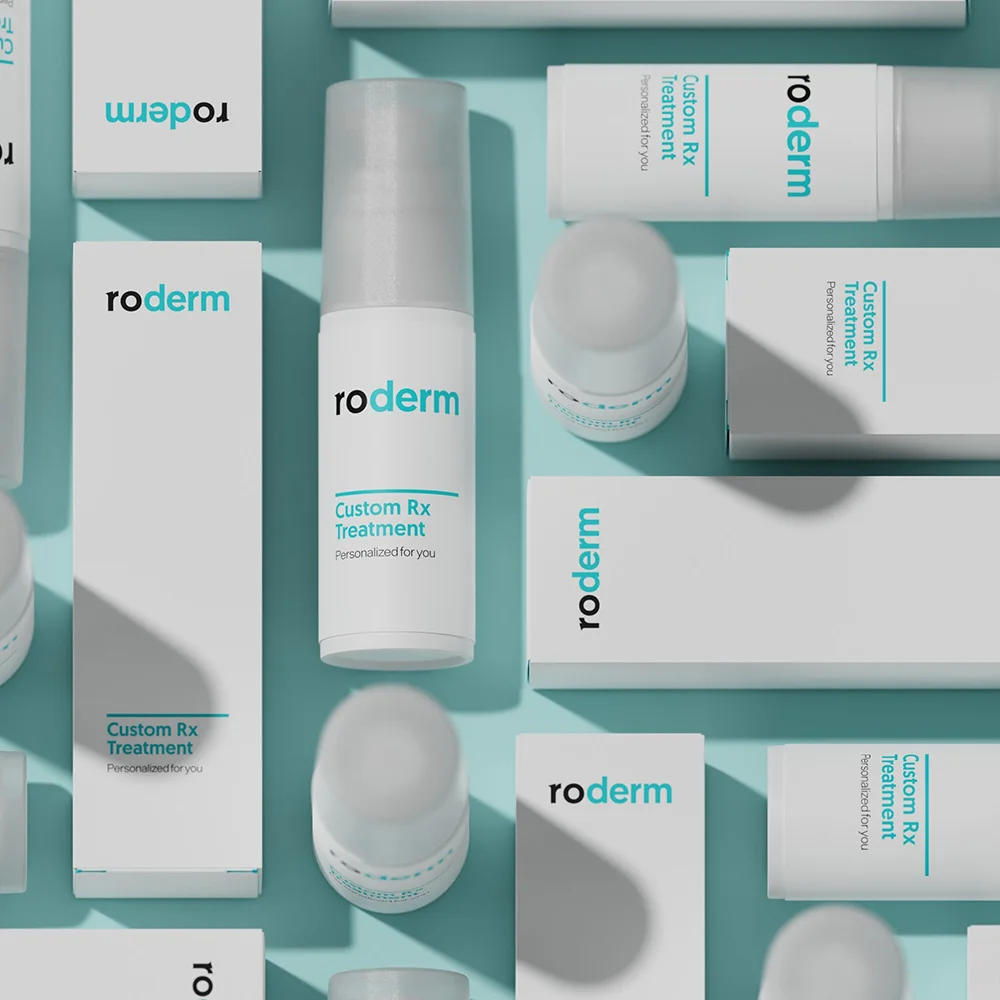Here's what we'll cover
Here's what we'll cover
Many people enjoy a drink from time to time. And while your body can usually handle an occasional beer, glass of wine, or cocktail, excessive drinking can lead to a host of problems, including affecting the health of your skin.
Keep reading to learn about the effects alcohol can have on your skin, what the worst types of alcohol are for skin health, and what you can do to keep your skin healthy.
Can alcohol cause skin problems?
Drinking too much alcohol can cause many health problems, including skin issues. Alcohol can increase your risk for redness, puffiness, dry skin, and some skin conditions.
To better understand alcohol’s effects on skin and aging, it’s helpful to understand how alcohol impacts the body as a whole.
How alcohol affects the skin
Alcohol can affect your skin in a variety of ways. It can lead to inflammation, dehydration, and breakouts and can age your skin faster than you’d probably like. Let’s look at each of these side effects in a bit more detail.
Inflammation
Researchers believe hangovers and symptoms after drinking too much alcohol may be related to increased inflammation and oxidative stress (Van de Loo, 2020).
In other words, drinking alcohol can increase inflammation in your body and damage cells, including your skin cells. Heavy alcohol consumption could lead to flare-ups of existing inflammatory conditions and might put you at a higher risk of developing inflammatory skin conditions like psoriasis (Al-Jefri, 2017).
Alcohol may also cause puffiness and swelling in your face. A 2019 study found heavy drinking—alcohol consumption of more than eight drinks per week—increased under-eye puffiness (Goodman, 2019).
Hydration
Alcohol is considered a diuretic, meaning it draws water out of the body and increases urination. So, if you’re not drinking enough water, you could end up dehydrated.
While this may not initially have a big impact on skin, over time, the extra water lost when drinking alcohol could increase fine lines and leave your skin feeling dry and appearing dull.
Breakouts
Alcohol consumption could lead to acne breakouts.
Inflammation is associated with increases in acne flares (Tanghetti, 2013). So, the increased inflammation caused by drinking alcohol could trigger breakouts in some people. This link was seen in a 2011 study that found alcohol could exacerbate acne in adults (Kazakevich, 2011).
Increase appearance of aging
A 2014 study found that alcohol consumption may be a risk factor for earlier skin aging (Ichibori, 2014). And once again, inflammation and oxidative stress, and the damage they do to the skin’s cells, are likely to blame.
This damage can lead to effects like early wrinkles, loss of facial volume, and under-eye puffiness, especially if you drink more than eight alcoholic beverages per week (Goodman, 2019).
The worst alcoholic drinks for your skin
Some drinks can have a bigger impact on your skin than others. Here’s a look at which types of alcohol could be most harmful to your skin:
Dark liquors
Dark liquors, like bourbon and whiskey, may be harsher on your skin than clear liquors like vodka.
Dark liquors typically contain more chemicals called congeners, like tannins and methanol. Higher levels of these compounds are believed to lead to worse hangovers because they’re more difficult for the body to process (Rohsenow, 2010).
And they can be worse for your skin because they may increase redness and puffy skin in the morning.
For a “better skin” swap, choose clear liquors such as gin or vodka over dark liquors (Note: there is one exception. Though tequila is clear, it has high levels of congeners as well).
Cocktails
Cocktails are usually made with syrups and other mixes high in sugar. And over the years, research has shown that consuming excess sugar can lead to increased inflammation.
This means that consuming sugar and alcohol together can just add to the inflammatory effects on your body.
Try to switch to a cocktail made without added sugar. Mixing your cocktail with sparkling water, seltzer, or club soda can be a good alternative to regular sugary mixers. You could consider adding fresh fruit for some natural flavors.
Wine
You’ve probably come across an article or two suggesting that drinking red wine contributes to heart health. Where this is some research that backs those claims, red wine, as well as white wine, may not be the best for skin health (Castaldo, 2019). Both red and white wines are linked with flushing and increased rosacea symptoms (Li, 2017).
How do you fix skin damage from alcohol?
When learning about the effects alcohol can have on the body, it can make you wonder if you can enjoy a drink and protect your skin at the same time. There are a few ways you can protect your skin and possibly mitigate alcohol-induced skin damage:
Limit alcohol
For many people, it’s not realistic or even desired to completely stop drinking. So, instead, aim for moderation and try to avoid heavy drinking or binge drinking.
Drink water
One way to prevent dehydration when drinking alcohol is to drink more water. A general rule of thumb is to drink one glass of water for every alcoholic drink you consume.
As mentioned above, alcohol acts as a diuretic. In addition to pulling out water, diuretics remove sodium (salt) from the body.
Consuming some extra electrolytes before or after drinking may help restore a healthy balance of electrolytes and help you feel more hydrated.
Practice a good skincare routine
Taking care of your skin can make a big difference in its health and appearance. Try to get in the habit of washing your face with a gentle cleanser and using some anti-aging products. This could include antioxidant creams, moisturizers, eye creams, or night creams.
It can also be challenging to want to wash your face if you’ve gone out for a few drinks, but try to always wash your face at night to remove any makeup, sunscreen, or pollution from the day.
The bottom line: Having a drink now and then probably won’t harm your skin, but excessive alcohol use can lead to inflammation, dehydration, and wrinkles. If you drink regularly, try incorporating some of the above tips into your routine. And if you have any questions about your skin or what skincare products to include in your skincare routine, reach out to your healthcare provider or a dermatologist.
DISCLAIMER
If you have any medical questions or concerns, please talk to your healthcare provider. The articles on Health Guide are underpinned by peer-reviewed research and information drawn from medical societies and governmental agencies. However, they are not a substitute for professional medical advice, diagnosis, or treatment.
Al-Jefri, K., Newbury-Birch, D., Muirhead, C. R., et al. (2017). High prevalence of alcohol use disorders in patients with inflammatory skin diseases. The British Journal of Dermatology , 177 (3), 837–844. doi:10.1111/bjd.15497. Retrieved from https://pubmed.ncbi.nlm.nih.gov/28346655/
Castaldo, L., Narváez, A., Izzo, L., et al. (2019). Red Wine Consumption and Cardiovascular Health. Molecules (Basel, Switzerland), 24 (19), 3626. doi:10.3390/molecules24193626. Retrieved from https://www.ncbi.nlm.nih.gov/pmc/articles/PMC6804046/
Goodman, G. D., Kaufman, J., Day, D., et al. (2019). Impact of smoking and alcohol use on facial aging in women: results of a large multinational, multiracial, cross-sectional survey. The Journal of Clinical and Aesthetic Dermatology , 12 (8), 28–39. Retrieved from https://www.ncbi.nlm.nih.gov/pmc/articles/PMC6715121/
Ichibor, R, Fujiwara, T, Tanigawa, T, et al. (2014). Objective assessment of facial skin aging and the associated environmental factors in Japanese monozygotic twins. Journal of Cosmetic Dermatology, 13 (2), 158-163. doi:10.1111/jocd.12081 Retrieved from https://onlinelibrary.wiley.com/doi/10.1111/jocd.12081
Kazakevich, N., Moody, M. N., Landau, J. M., et al. (2011). Alcohol and skin disorders: with a focus on psoriasis. Skin Therapy Letter , 16 (4), 5–6. Retrieved from https://pubmed.ncbi.nlm.nih.gov/21611681/
Li, S., Cho, E., Drucker, A. M., et al. (2017). Alcohol intake and risk of rosacea in US women. Journal of the American Academy of Dermatology , 76 (6), 1061–1067.e2. doi:10.1016/j.jaad.2017.02.040. Retrieved from https://www.ncbi.nlm.nih.gov/pmc/articles/PMC5438297/
Rohsenow, D. J., Howland, J., Arnedt, J. T., et al. (2010). Intoxication with bourbon versus vodka: effects on hangover, sleep, and next-day neurocognitive performance in young adults. Alcoholism, Clinical and Experimental Research , 34 (3), 509–518. doi:10.1111/j.1530-0277.2009.01116.x. Retrieved from https://www.ncbi.nlm.nih.gov/pmc/articles/PMC3674844/
Tanghetti, E. A. (2013). The role of inflammation in the pathology of acne. The Journal of Clinical and Aesthetic Dermatology , 6 (9), 27–35. Retrieved from https://www.ncbi.nlm.nih.gov/pmc/articles/PMC3780801/
Van de Loo, A., Mackus, M., Kwon, O., et al. (2020). The inflammatory response to alcohol consumption and its role in the pathology of alcohol hangover. Journal of Clinical Medicine , 9 (7), 2081. doi: 10.3390/jcm9072081. Retrieved from https://www.ncbi.nlm.nih.gov/pmc/articles/PMC7408936/












